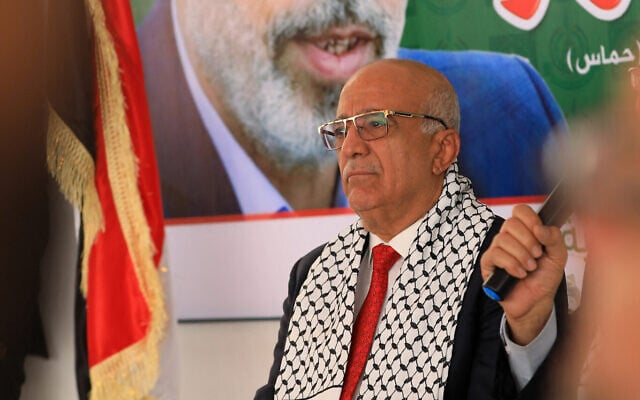Yemen’s Houthi rebel movement confirmed that an Israeli airstrike on Thursday has killed Ahmed al-Rahawi, the prime minister of their self-declared government in Sanaa, along with several senior ministers.
The attack occurred during a routine government workshop in the Bayt Baws neighborhood of Sanaa, where al-Rahawi and other officials had convened. They were reportedly listening to a pre-recorded address by Houthi leader Abdul-Malik al-Houthi at the time.
In response, the Houthis have vowed “vengeance” against Israel, raising fears of a sharp escalation in regional conflict.
Escalating attacks
In its statement on Saturday, the Houthi presidency said its government and institutions would still be capable of carrying out their duties after the deadly Israeli attack.
“The blood of the great martyrs will be fuel and a motivator to continue on the same path,” it said.
Al-Mashat also said the Houthis will “continue the path of building our armed forces and developing their capabilities”.
“To our people in Gaza, our stance is steadfast, and will remain so until the aggression ceases and the siege is lifted, no matter the scale of the challenge,” he said.
It remains unclear how many people were killed in Thursday’s air strike on Sanaa.
Quoting unnamed sources, Israeli media reported on Friday that the Israeli army attacked the entire Houthi cabinet, including the prime minister and 12 other ministers.
The attack came four days after Israeli strikes on the Yemeni capital on August 24 killed 10 people and wounded more than 90, according to health officials.
The strike marks one of the most significant blows to the Houthi leadership to date and is expected to deepen tensions amid the wider Middle East crisis.





